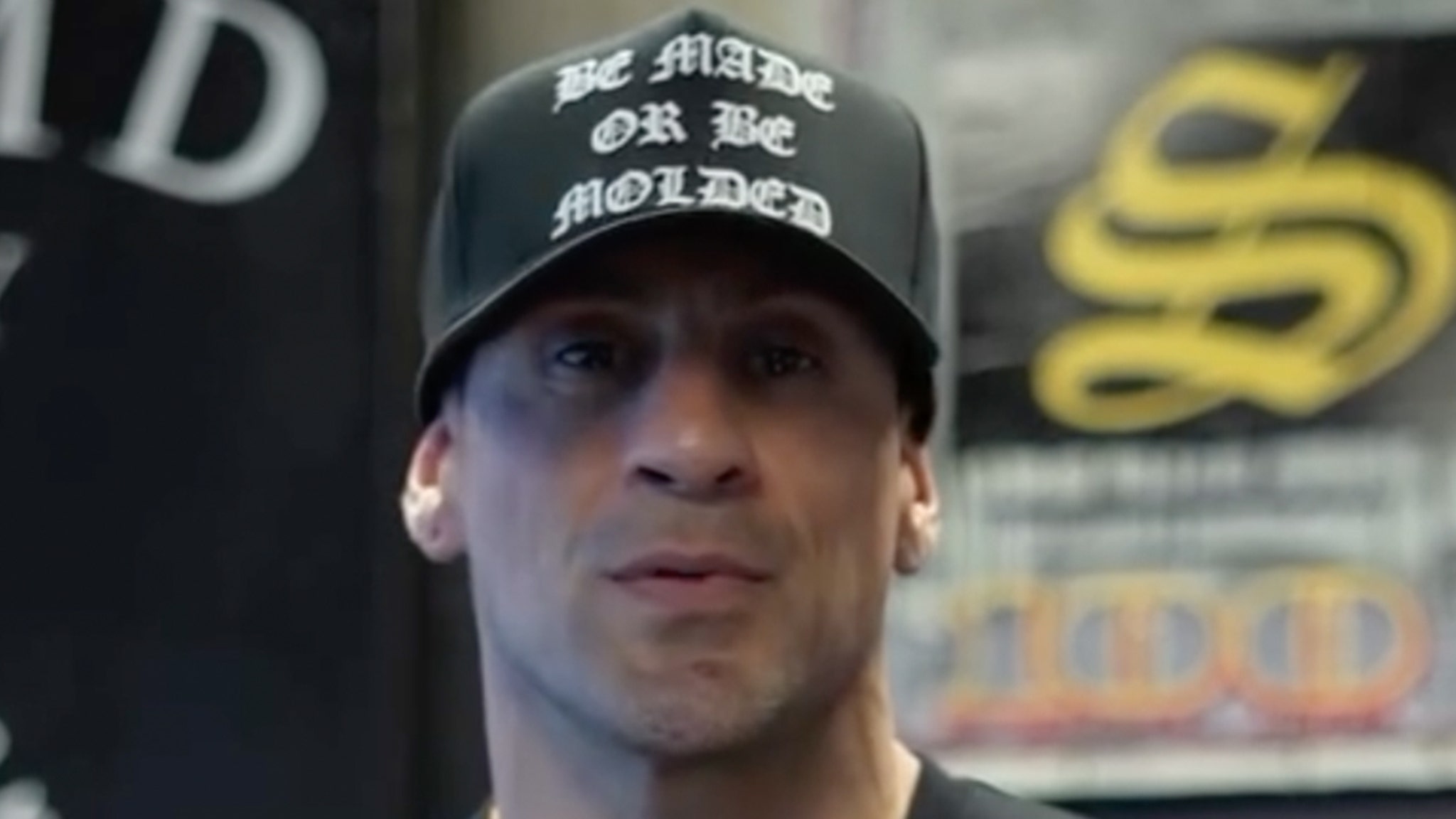Bussiness
New England Patriots Great Drew Bledsoe On His Winery Business And How He Successfully Transitioned In Retirement

New England Patriots great Drew Bledsoe details his winery business and how he made a successful … [+]
New England Patriots great Drew Bledsoe has kept busy in his post-playing career.
The former four-time Pro Bowl quarterback and face of the Patriots franchise — he was once the highest-paid player in NFL history after signing a 10-year, $103 million contract in 2001 — is best known for his NFL career, but he’s since made a career in winemaking, founding three wineries, with the first in 2007 following his retirement after playing his final two seasons with the Dallas Cowboys.
“It’s interesting, when we broke into the business, one of the things that we had to overcome was this stigma about athletes getting into wine,” says Bledsoe in a one-on-one interview. “I knew from the very beginning, that we wanted to have a real wine project, not an endorsement deal, not some crappy wine we’re going to sell to football fans. We wanted to actually have something that was rooted in the earth’s and so when we started, it was really important to me that we started with a bare piece of dirt.”
Bledsoe details that he started from the ground up and didn’t buy an existing vineyard when he founded his first winery, Doubleback, back in 2007.
“We didn’t buy an existing vineyard,” Bledsoe details. “We started with ground. My wife and my kids we actually helped plant our first vineyard. We literally would put vines in the ground. We had real rooms where we were doing most of the work, but we actually did put vines in the dirt with our own hands.”
Wineries have exploded in the state of Washington, where Bledsoe is from, over the past 25 years. Washington had just 74 wineries in 2000 before increasing to a robust total of 1,050 wineries in 2023.
The “stigma” of athletes being involved with wine has since been shed, with multiple athletes getting into the business. Bledsoe mentions notable names such as Dan Marino, Rick Mirer and Dwyane Wade as a few who have entered the winemaking business.
Bledsoe recently participated in a roundtable discussion when it relates to wine and the growth of wineries with former NFL wide receiver and Pro Bowler Sidney Rice, who played for the Seattle Seahawks and Minnesota Vikings. Rice is also now in the business, joining a growing list of athletes involved in wine.
“As it pertains to the roundtable and what’s going on in the wine world right now, it’s really exciting to me, because there are more guys like Sidney coming into the business that are serious about the wine,” says Bledsoe. “They’re serious about what’s inside all of that and just not just putting their name on something and putting that out to the world.
“It’s great for me just personally and selfishly because now I think the stigma is being flipped a little bit, where people aren’t going to look down their nose and they’re going to see these athletes are serious about making good juice,” Bledsoe continues to say. “More athletes are getting back into wine now than they were back in the day. A lot more that are serious about it too. Both of those things are great.”
Bledsoe’s three wineries are all different in some shape or form. Doubleback specializes in making the best Cabernet. His second winery, the Bledsoe Family Winery, aims to make world-class wine at an “accessible” price point for consumers. The third, Bledsoe McDaniels, focuses on Pinot Noir with his business partner and winemaker over the past 10 years, Josh McDaniels (no relation to the former Patriots coach).
While Bledsoe may be the founder and the name on the brand, he also does a good amount of work as a salesperson, traveling on the road along with his wife, Maura, and sharing wine with people that he meets. The company features 75 total employees and it requires “constant attention” from Bledsoe, with McDaniels serving as the CEO of running the company.
Bledsoe has obviously had a successful post-playing career, with a plan in place as soon as he decided to retire after a prolific 14-year NFL career. But that isn’t the case for most athletes, with well-documented cases of athletes going broke shortly after the end of their careers. The ESPN documentary, “Broke,” details how over 70% of athletes fall on financial hardships shortly after the end of their playing careers.
The former Patriots quarterback details why he was “disappointed” with the documentary — released in 2022 — and explains the “psychology” of athletes.
“From the time you’re young, you’re told that you’re God’s gift to the world and everybody just adores you,” says Bledsoe. “Then if you get to be a professional athlete, in addition to all the attention, you also have money and that brings its own bag of tricks into it. Then you also have a very regimented schedule, you’re told where to be, what to eat, when to work out. All this stuff is set up for you. When all of that ends, it ends instantly.”
Bledsoe says the documentary focused on the “train wreck” aspect, rather than going into great detail why these athletes ended up broke after their playing careers ended.
“Most other careers, even if you change careers multiple times, I’m probably going to retire in X or whatever amount of years, and here’s your plan for that and so on,” says Bledsoe. “For pro athletes, it instantly and almost always ends before you think it’s going to.
“Part of that mentality of being an athlete, you have to believe you’re 10 feet tall and bulletproof,” Bledsoe continues to say. “Then all of a sudden, boom — it stops. The money stops, the attention stops, the schedule goes away, all that support staff goes away and it’s like everything all of a sudden the very next day, you’re like, ‘who am I?’ The psychology of all of that is so much more interesting than just the train wreck.”
Bledsoe obviously made more money than most during his playing career considering he was one of the best quarterbacks in the NFL. Outside of his record-setting contract in 2001, he also had starting stints with the Cowboys and Buffalo Bills before rounding out his career in 2007.
But he also made sure to have a “plan,” looking to guys that navigated their post-playing careers successfully.
“I would look to guys that had navigated that successfully and I also had a 14-year career,” says Bledsoe. “It was longer than most and then I sort of had time to put together a little bit of a plan. That was the biggest thing that I saw with guys that were successful in making that transition in that they actually had a plan.”
The winery business — something that Bledsoe continues to do to this day — was part of that “plan” in channeling the competitiveness that made him a great athlete into becoming a successful businessman.
“We had something to do and for me that was the winery,” says Bledsoe. “I need something, some place to put that competitiveness, needed something to do to keep my brain working, something to work out and learn about and the plan already started in place before I retired.”
Bledsoe — who retired ranked in the top 15 in all major passing categories and started Super Bowl XXXI — reveals that it took “awhile” for him to move on from his identity as an athlete, but he accepted that he was ready to move on to the “next phase” of his life in 2007.
“It took a little while,” says Bledsoe. I was really ready to move on to that next phase. My wife really challenged me on that decision. She asked me a number of times, are you sure? Are you sure you’re ready to go? And I was. I did have a moment that day that I would have been reporting to camp, woke up early that morning, and I went down, sat on our boat and watched the sun come up and I sat there and I cried.
“Not necessarily sadness, but it was the acknowledgement that’s the end of that, that life,” Bledsoe continues to say. “It was kind of putting that piece of my life behind me. From there on, I was very comfortable with the decision.”





/cdn.vox-cdn.com/uploads/chorus_asset/file/25626295/247263_iphone_16_pro_AKrales_0799.jpg)


